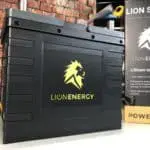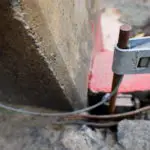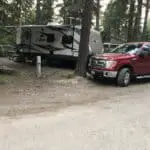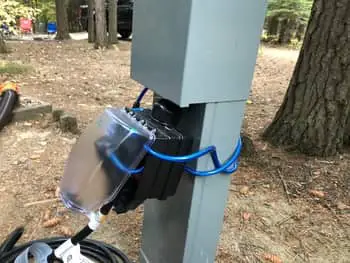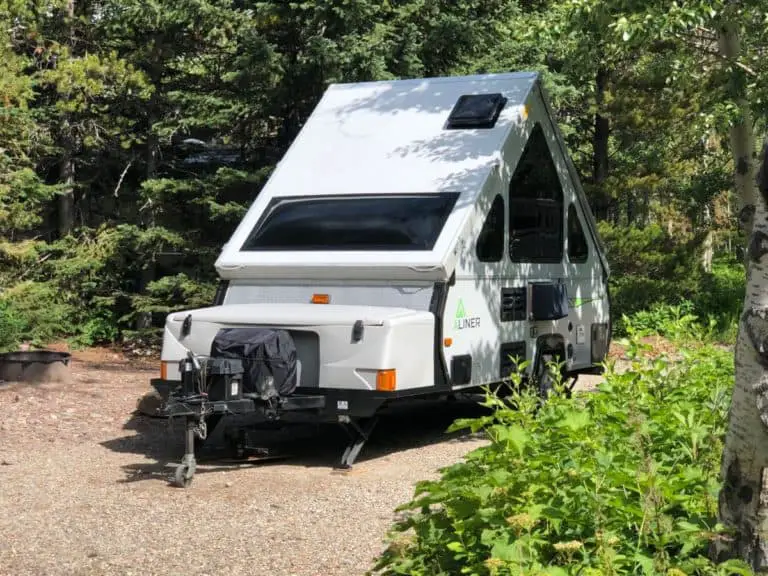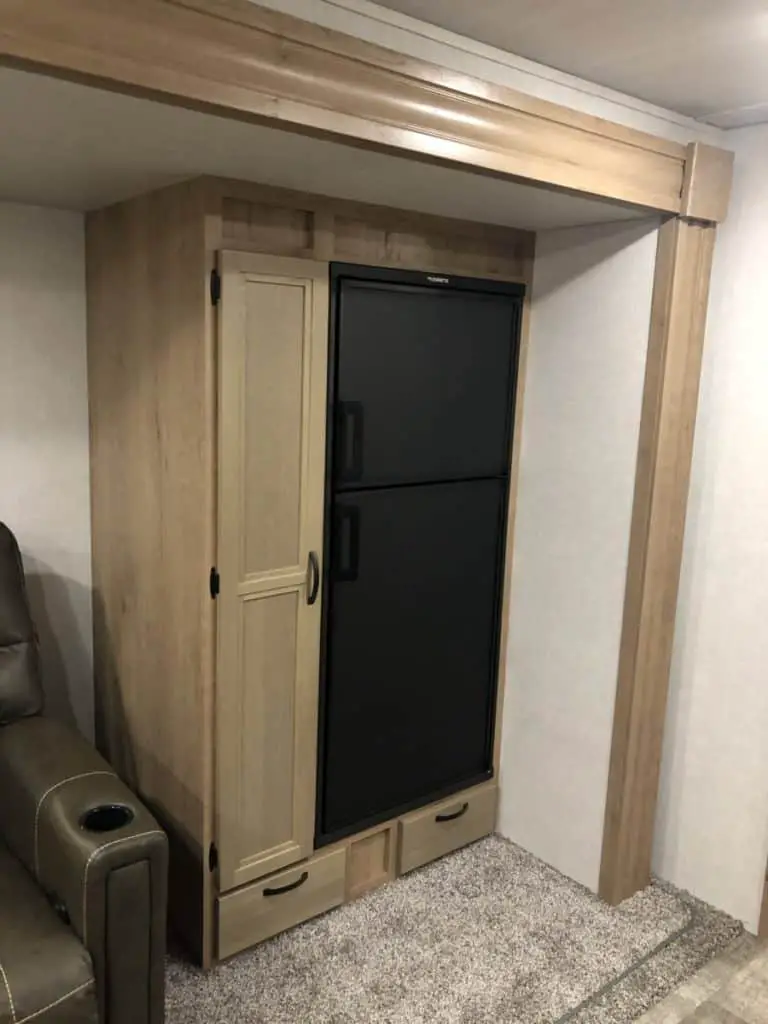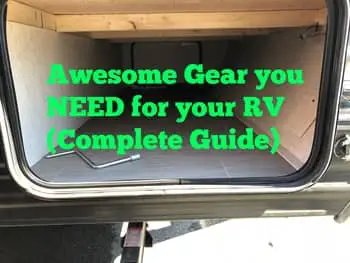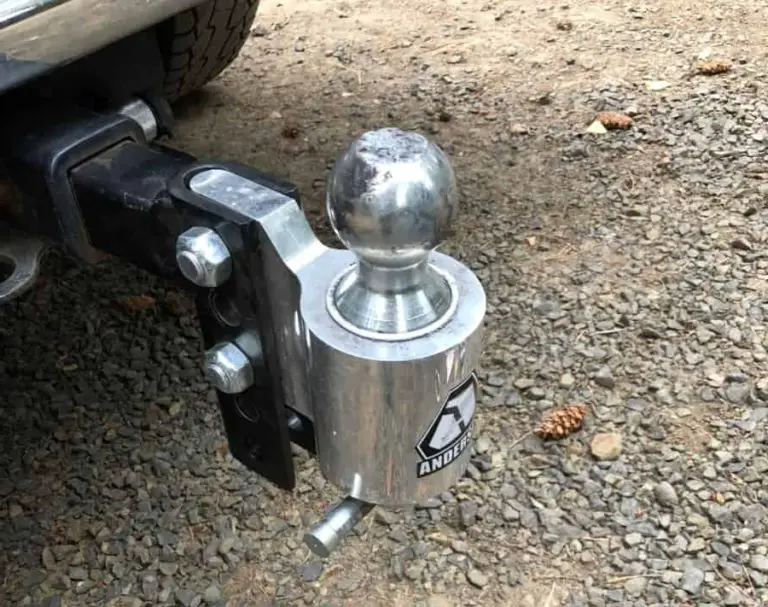Do You Need a Brake Controller for a Travel Trailer?
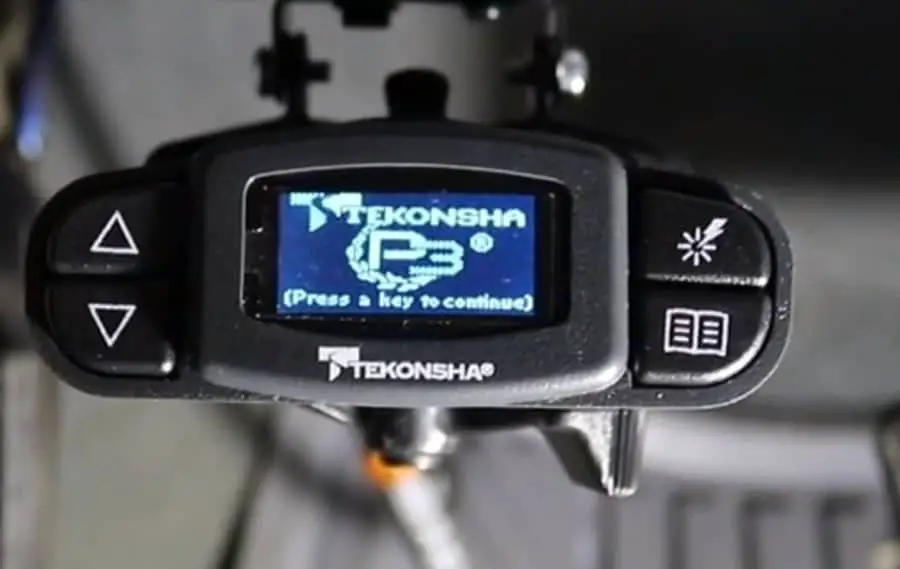
These days the RV lifestyle is more popular than ever. It seems every day more and more individuals are choosing to invest in a new RV, with most first-timers deciding to purchase a travel trailer. These travel trailers allow these motorists to tow their home behind them, so they can travel from one state to another or from one national park to the next without worrying about where and when they will get to their destination.
It is required by law and is a huge safety factor to have a brake controller to help stop your travel trailer. Without a brake controller, your vehicle is 100% responsible for stopping your load and can lead to extended stopping times. A brake controller will greatly reduce your stopping distance.
Subsequently, the travel trailer lifestyle makes traveling on long road trips significantly easier. However, there are still a few strategies and pieces of equipment travel trailer owners should be familiar with before they take off on their first adventure. The one piece of equipment most first-time travel trailer owners overlook is the brake controller. Below brake controllers are discussed in further detail, and the question: do I need a brake controller for my travel trailer, is explored.
What is a Brake Controller?
A brake controller is a piece of equipment that regulates the amount of electricity that flows from your towing vehicle to the brakes of your travel trailer. The amount of electrical power put out by a brake controller determines how much pressure your travel trailer’s brakes apply to its tires. In other words, a brake controller allows your towing vehicle to offset a certain amount of electrical power to your travel trailer so that the brakes of your towing vehicle are not tasked with stopping both your towing vehicle and your travel trailer.
The primary way a brake controller works is that it senses when the driver of a towing vehicle is applying pressure to the vehicle’s brakes. The sensing ability of the brake controller is the product of a connection through a towing vehicles brake light connection system. If your vehicle is equipped with a brake controller and it senses that you are applying the brakes, this brake controller then interprets how much power to send to the travel trailer’s electric brakes based on how hard you press the tow vehicles brakes.
This power is usually transferred through an electrical connector, and the brake controller uses a time-delay or momentum-based learning system to interpret how much power to send to your vehicle’s electric brakes.
If you are in trouble, you can also manually apply brakes with a lever on the controller.
Differences Between Time-Delay and Momentum-Based Brake Controllers
In general, a time-delay brake controller relies on its ability to understand how much time it took for a certain amount of power to stop your towing vehicle for a certain distance. This information is then simultaneously relayed to your towing vehicle’s electrical system to provide the appropriate amount of electrical power to stop the travel trailer you are pulling.
A momentum-based brake controller works in a similar manner. However, instead of interpreting how much time it took to apply a certain amount of pressure, a momentum-based brake controller will interpret how much power stops your towing vehicle at a certain distance. Then, just like a time-delay travel controller, this information is simultaneously relayed to your vehicle’s electrical system to provide the appropriate amount of electrical power to stop the travel trailer you are pulling.
Do I Really Need a Brake Controller?
The most clear-cut answer to this question is: yes! Your travel trailer is most likely already equipped with electric brakes, but without a brake controller, there will be no way to relay power to these brakes. There are several reasons why you don’t just need a brake controller, but why you would want to have one installed on your towing vehicle.
The most obvious reason why you would want to have a brake controller installed on your towing vehicle is it will give you better control over the performance and towing capabilities of your vehicle. Furthermore, a brake controller will allow you to better control the braking performance of your travel trailer to ensure the safety of yourself, your passengers, and other motorists who are on the road around you.
When you don’t have a brake controller installed on your towing vehicle and you are towing a heavy travel trailer, your towing vehicle’s brakes will be responsible for stopping both your towing vehicle and your travel trailer. This overload on your towing vehicle’s brakes could prove devastating to your vehicle’s brakes and to your own safety as it is likely your towing vehicle’s brakes will fail under the heavy workload.
In addition to being the safest option for towing a travel trailer, you will also want to have a brake controller installed on your tow vehicle because in some states it is illegal to not have one when towing a travel trailer. Most states restrict the amount of weight or number of wheels you can tow without a brake controller. Therefore, unless you are towing a very small travel trailer under the weight requirements of the various states you will be traveling through it is illegal to not have one installed on your towing vehicle.
How To Operate a Brake Controller?
To operate your brake controller you will need to first make sure that your towing vehicle and travel trailer are connected via the electrical connector. After you have made sure this connection is secure, you will want to adjust the settings on your brake controller to match the conditions you are driving in. If you are in clear conditions you can set the brake controller higher to apply more pressure to the travel trailer tires. However, if you are towing your travel trailer through winter weather conditions you will want to set your brake controller to a lower setting to ensure your brakes don’t lock up and cause you to slide during braking.
If you are towing a heavy load of water and supplies, you may need more breaking pressure vs if your travel trailer is totally empty.
No matter what conditions you are driving in you should always test your braking after adjusting your brake controller. When first starting to tow your travel trailer you should set your brake controller and then apply the brakes while driving at about 25 MPH on flat ground. Take note of how much braking power you feel and how quickly you are able to stop.
If you feel you need more braking power you can adjust the brake controller to a higher setting. Subsequently, if you feel you need less braking power you can adjust the brake controller to a lower setting. After every change to your brake controller’s settings, you should once again run the 25 MPH test. Continue this process until you feel comfortable with the braking power you are receiving.
At no point do you want your tires to totally lock up, so don’t set it too high.
The Unsung Hero of Towing: A Brake Controller
In conclusion, a brake controller is one of the most important pieces of equipment you will utilize while towing your travel trailer. These pieces of equipment make towing a travel trailer easier and safer for everyone on the road. All motorists towing a travel trailer should have a working brake controller installed onto their towing vehicles.
Remember it is not only safer to have a brake controller installed onto your vehicle before towing, but in most states, it is also illegal to tow a travel trailer without a brake controller. Failure to install a brake controller could result in tickets, accidents, or even bodily injury. Stay safe, and install a brake controller before you start towing.
Be the first to be notified about FREE tips, hints, coupon codes, and email-exclusive information. All for FREE!



